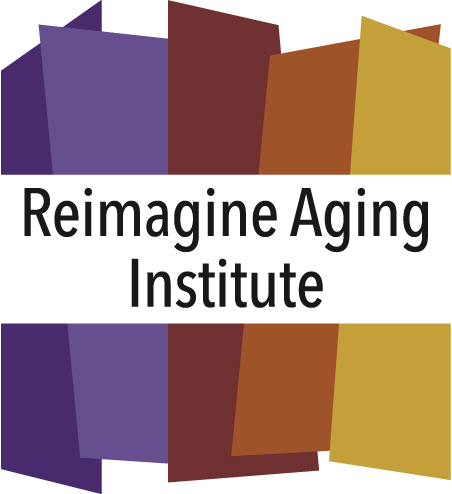Link to article in Press&News
By CEO Deb Taylor
 June 15th was Elder Abuse Awareness Day, but elder abuse is an issue beyond just one day a year. Elder abuse is an issue 365 days a year.
June 15th was Elder Abuse Awareness Day, but elder abuse is an issue beyond just one day a year. Elder abuse is an issue 365 days a year.
Before we start, let’s just review some facts:
– It is estimated that 1 in 10 older adults experience some form of elder abuse every year.
– Older adults who have been abused have a 300% higher risk of death in the next 3 years compared to those who weren’t.
– For every 1 incident of reported elder abuse, an estimated 14 cases go unreported.
– In 2000, states were asked to indicate the number of elder abuse reports received in the most recent year for which data was available. The total number of reports was 472,813.
472,813 reported elder abuse cases. If we multiply that by 14, for each of the abuse cases that go unreported, we get 6,619,382. To put that into perspective, that’s means that 1 older adult is being abused about every 5 seconds.
There is a wide range of types of elder abuse including physical abuse, emotional abuse, sexual abuse, exploitation, neglect and abandonment. Unfortunately, many cases of elder abuse are perpetrated by someone close to the older adult. Often times this could be adult children, other family members, a spouse, or nursing staff. In fact, in almost 60% of elder abuse incidents, the perpetrator is a family member.
With elder abuse causing victims to have a 300% higher risk of death than the rest of their peers, it’s important to know the warning signs. Since abuse can come in many forms, there are many warning signs:
- Bruises
- Broken bones
- Burns
- Unexplained withdrawal from normal activities
- Unusual depression
- Sudden change in behavior
- Sudden change in financial situation
- Poor hygiene
- Unusual weight loss
- Bedsores
It’s important to be aware of these warning signs, but it’s even more important to know how to prevent elder abuse from the start. The first step is education. Professionals, caregivers, the public and especially older adults themselves need to be educated on how to stay safe and prevent elder abuse. Here are a few suggestions from the National Council on Aging on how to prevent elder abuse:
- Take care of your health.
- Seek professional help for drug, alcohol, and depression concerns and urge family members to get help for these issues as well.
- Attend support groups for spouses and learn about domestic violence services.
- Plan for your own future – with a power of attorney or living will, you can address health care decisions now to avoid confusion and family problems later. Seek independent advice from someone you trust before signing any documents.
- Stay active in the community and connected with friends and family. This will decrease social isolation, which has been connected to elder abuse.
- Post and open your own mail.
- Do not give personal information over the phone.
- Use direct deposit for all checks.
- Have your own phone.
- Periodically review your will.
- Know your rights – if you engage the services of a paid family caregiver, you have the right to voice your own preferences and concerns. If you live in a nursing home, call your Long Term Care Ombudsman. The ombudsman is your advocate and has the power to intervene.
In the unfortunate event that you or your loved one is being abused, contact a local Adult Protective Services office, Long Term Care Ombudsman, or police. If you suspect abuse and aren’t sure what do to about it, visit ncea.acl.gov and click “Suspect Abuse?” to learn about how to take action in a variety of scenarios.
Elder abuse is a prime example why changing our views of older adults is so important. Abusers get away with their crimes because we don’t value our older adults enough to take action and stop them. We need to come together as a society and let abusers know that we care about and value our older generations and we are here to put an end to elder abuse! If you want to help end elder abuse, take the first step. Share this article with others, so more people can learn about the effects and symptoms of elder abuse and how to prevent it.
Deb Taylor is CEO of Senior Community Services (seniorcommunity.org) and its Reimagine Aging Institute, a nonprofit that advocates for older adults and helps seniors and caregivers maintain their independence through free or low-cost services.




